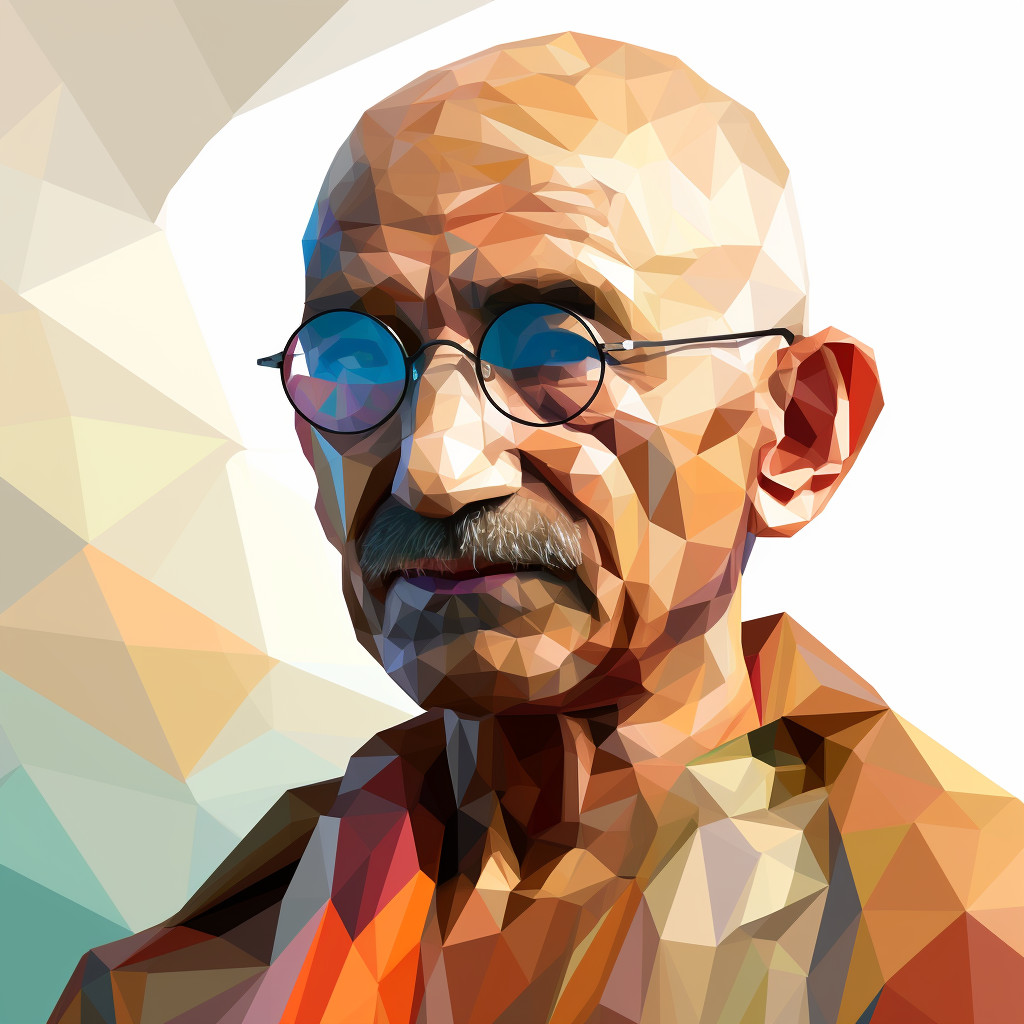This quote essentially means that when a governing body or authority becomes corrupt or lawless, it becomes a moral obligation for citizens to resist and disobey its rules. Gandhi is suggesting that civil disobedience, a non-violent form of protest, becomes a “sacred duty” when the state no longer upholds justice and the rule of law. The phrase “sacred duty” implies a moral or spiritual obligation that transcends legal or social obligations.
In the context of personal development, this quote can be interpreted as a call to stand up against unjust practices, even if it means going against the status quo or established norms. It suggests that individuals have a moral responsibility to challenge corruption or lawlessness, which might require courage, resilience, and a strong sense of justice.
In today’s world, this idea is relevant in many contexts. For example, in countries where governments are seen as corrupt or unjust, citizens may feel it is their sacred duty to engage in civil disobedience. This could take the form of peaceful protests, strikes, or other forms of non-violent resistance.
In a broader sense, this quote could also apply to situations in which individuals or groups stand up against powerful corporations or institutions that they perceive to be acting unjustly. For instance, environmental activists often engage in civil disobedience to protest against corporations that contribute to climate change.
The idea of civil disobedience as a “sacred duty” also suggests that such actions are not just about personal gain or self-interest, but about contributing to a larger cause or movement for justice. This can inspire people to become more engaged in social or political issues, and to take action even when it is difficult or risky.





